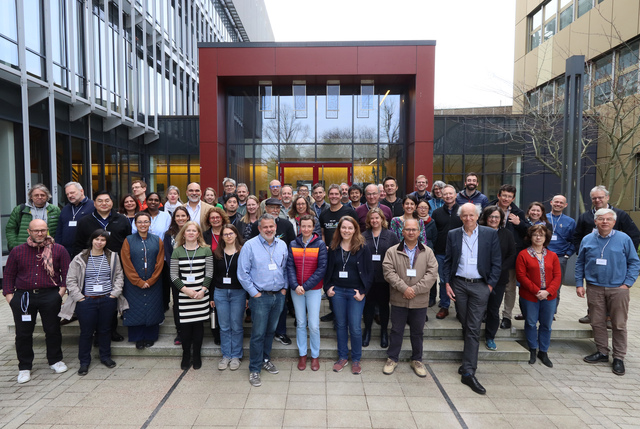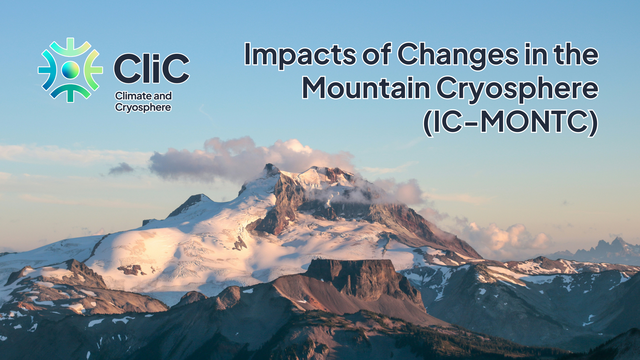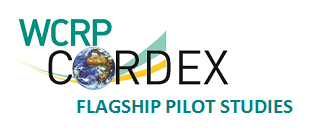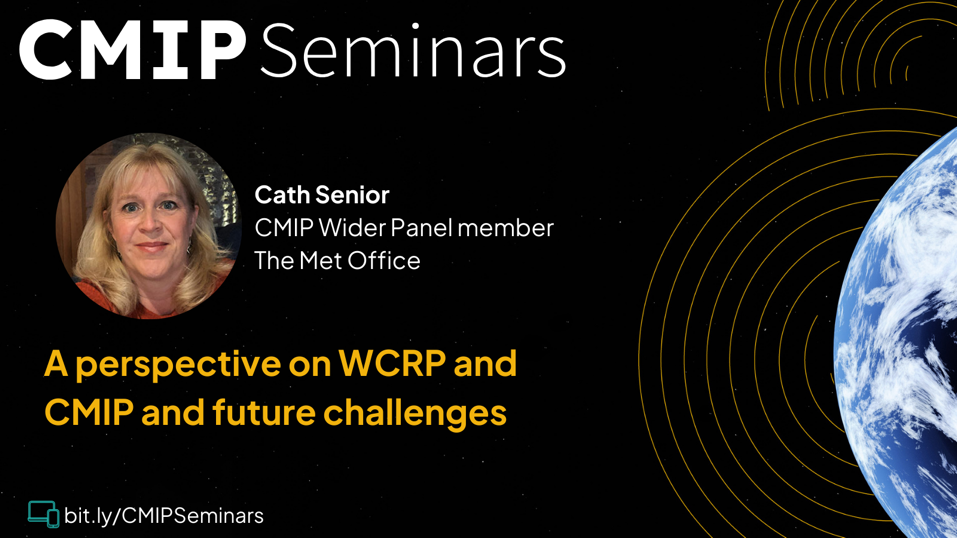
The Regional Information for Society (RIfS) Core Project organized an expert meeting on the Robustness of Climate Change Information for Decisions in April 2024, hosted by the European Commission and co-sponsored by the Green Climate Fund.
The workshop aimed to address the following issue: When sources of climate change information do not agree or are misaligned to decision contexts, there is a lack of consensus about how to overcome this barrier and inform local-to-regional decision making.
Collectively the meeting sought to develop forward thinking on building new cross-community collaboration to advance and demonstrate the development of relevant information that is defensibly robust, aligned to context, in ways that are scalable and transferable, and thus broadly accepted and widely applicable. The meeting was explicitly designed to be a first step, a catalyst for new cross-community recognition of the challenge, and to stimulate new actions to address this. A new Interim Working Group is carrying on the work of organizing follow-on activities on these themes, including guidance and standards, global North/South partnerships, ethics and accountability, reducing epistemic uncertainties, and collaborations around responsible data use.
More information: https://www.wcrp-rifs.org/activities/workshops/

The WCRP ESMO core project is poised to embark on an ambitious new phase of Earth system modelling and observational activities, as outlined at the project's first official series of meetings at the German Climate Computing Centre (DKRZ) on 18-22 March 2024. During this first meeting, ESMO framed the future direction of the project, with an initial focus on three key aspects: better integration of observational and modelling activities, improved coordinated collaboration between different working groups and related WCRP initiatives, and the seamless incorporation of emerging topics within the existing workflow.
First, ESMO aims to bridge the gap between observational activities and Earth system modelling. This integration is crucial to produce more accurate climate projections and to understand complex climate dynamics. Prof. Susann Tegtmeier and Prof. Baylor Fox-Kemper, co-chairs of ESMO, emphasised the importance of this synergy and noted that the discussions during the meeting were instrumental in refining the project structure to better connect the observing and modelling communities. In particular, it was decided to create a new Working Group on Observations for Researching Climate, to focus on observational infrastructures, their accessibility and their integration with modelling activities and developments. A specific mandate for this working group would be to facilitate the production of data for specific communities and needs, and to be a focal point of contact for space agencies, in situ communities, industry and technology partners to communicate needs and requirements.
In relation to this last point, ESMO will particularly work to promote more coordinated collaboration among its working groups and between these groups and other related WCRP activities. Recent meetings have underlined the importance of such collaboration, with the newly formed ESMO Scientific Steering Group (ESMO SSG) identifying priorities and synergies to advance the work of each WG in an efficient manner, streamline common themes and reduce redundancies. A common set of guidelines and terms of reference, as discussed during the meeting, are currently under development to contribute to facilitating agreements and processes.
Finally, the project will intensify activities and focus on specific topics of emerging interest. Among the priorities and new pathways to improve the accuracy of climate projections, particular attention will be dedicated to measuring and monitoring carbon, energy and water cycles, improving the usability of observations in reanalysis, initialization and predictions, and promoting the sustainable integration of new technologies, including machine learning. The integration of machine learning techniques, in particular, is expected to evolve the way climate models are developed and refined, leading to more reliable and actionable climate data. A deliberate focus on new technologies is part of ESMO and WCRP's commitment to remain at the forefront of climate research and innovation.

Climate and Cryosphere aims to understand and assess the wide range of societal impacts of the loss of the mountain cryosphere through a newly proposed strategic initiative: Impacts of Changes in the Mountain Cryosphere (IC-MontC).

Applications are now invited by the CORDEX Science Advisory Team (SAT) for groups within regional communities across the globe to propose 'Flagship Pilot Studies' (FPS).
This FPS call consists of two parts:
- An open part where you suggest a topic of your choice as long as it follows the FPS Criteria & Guidelines
- A part dedicated to Climate Risks. We here encourage FPS proposals that target risk producing climatic hazards including assessing and improving simulations of the hazard, understanding the projected future changes, and quantifying the added-value that high-resolution/process resolving brings to the simulation of the hazards and their changes. CORDEX SAT would also highly appreciate proposals related to Small Islands challenges.
The deadline for applications is Wednesday 21 August 2024.
To read more about the call and to apply, click here

Join us for a special seminar celebrating the career of CMIP Panel member Cath Senior in CMIP and WCRP as she announces her retirement after 38 years working at the forefront of climate science.
This Special Seminar will welcome Cath to share her Perspective on WCRP and CMIP and future challenges. At this session brief remarks will also be provided by CMIP Panel members Karl Taylor and Helene Hewitt.
Date: 24 July 2024, 15:30-16:00 UTC

